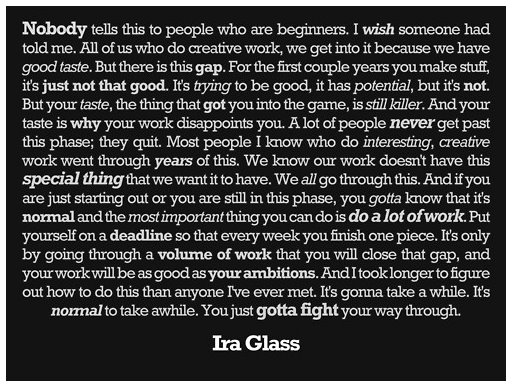It has never bothered me that my birthday is on Columbus Day. I feel no affinity for Chris and except for the fact that I was born in the United States find no reason to take on any kind of anniversary significance. It’s my birthday—and the birthday of many others—and that’s it. I’m not even particularly moved by the celebratory excuse such a calendrical coincidence provides.
Legally, anyway, Columbus Day has been moved.
I’m a bit stunned today. I went to my FaceBook page and found nearly 70 well-wishes on the occasion. But I’m also a bit surprised at myself for sitting here now remarking on the day. I usually do what I can to treat my birthday as just any other day. There may be a bit of disingenuousness about that, something of a pose, a “oh, it’s no big deal, notice me not making a big deal out it, it’s just my birthday and I’m so cool about it that I don’t care who notices” act that’s mostly true—but I wonder how hurt I’d be if no one did notice.
Here’s a photograph of me taken at the most recent Archon by Elonka Dunin, who very kindly updated my Wikipedia entry.
Aside from a few scattered images over the last few decades taken on my birthday, this is probably the most recent associated with the event itself, just a couple weeks past. I’m a bit dismayed by what I see. This is not how I thought I’d look at age 57. I’ve tried, with varying degrees of success, to stay in shape, but there have really only been two things I’ve managed to consistently work at in my life—my writing and Donna.
Plus I never counted on the frustrations. Who does? Even if someone tells you at an early age that there will be frustrations, what does that mean? It’s kind of a null warning. Frustration is not getting a A on a math test or being turned down for a date for the nth time or being forced to go here when you wanted to be there. Not the kind of grinding crap that real frustration is.
So I carry a few more pounds than I’d like, but I enjoy my food too much. I’m 57 and the other day I ran three blocks with my dog, full out. Sure, it took another three blocks for my breathing to return to normal, but hey, that ain’t bad.
I wish the beard hadn’t turned white. I’m vain, but not vain enough to dye it. Maybe for next year I’ll shave it off completely. I haven’t seen my upper lip since high school.
I said my writing and Donna. I’ve got great friends. I mean, yeah. My dad always told me that as you go through life you will find many acquaintances but very few friends. In his case, he has one—his wife. In my case…
I have great friends. I have Jim and Greg and Tom. I have Tim and Bernadette. I have Lucy. I have Allen and Linda and John. I have Nicola and Kelley and Peg. I have Terry and Terry and Russell and Rich.
But mainly I have Donna, who asks me every year what I want for my birthday and every time I tell her I already have it and silently wish for one more year with her. I didn’t really know what I wanted to be until I met her. She is just amazing and I get few chances to say it. Without her…
Well, you can guess the rest.
Thank you all for your well wishes and kind thoughts. You’re all amazing and I’m lucky to know you.




